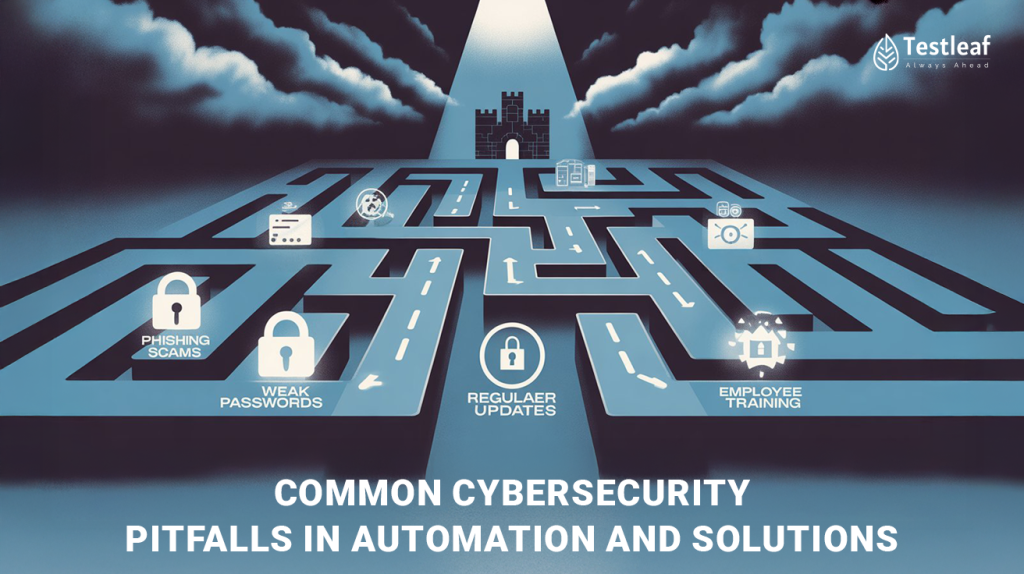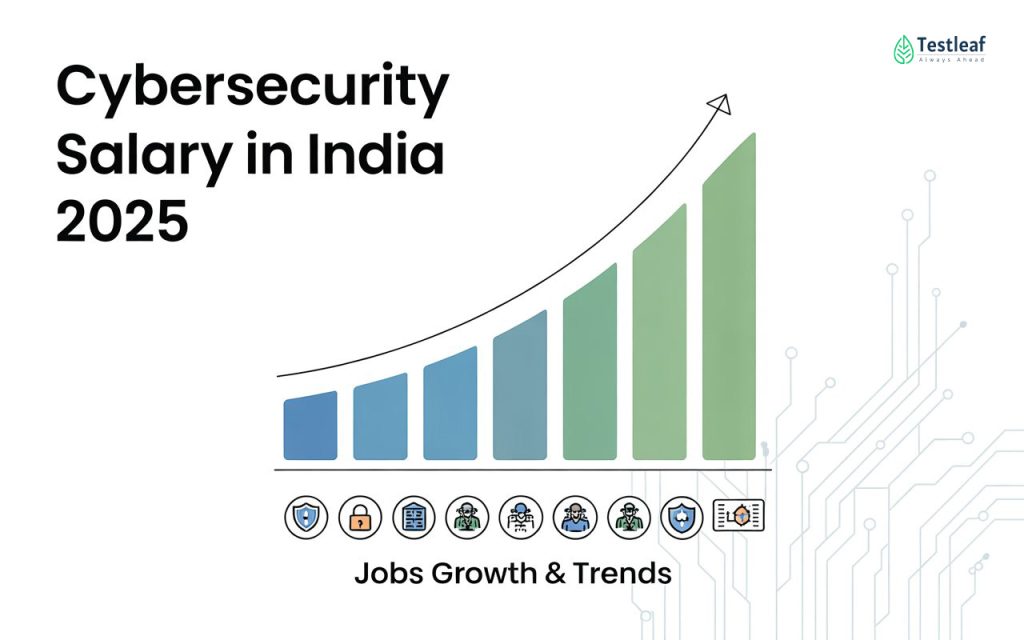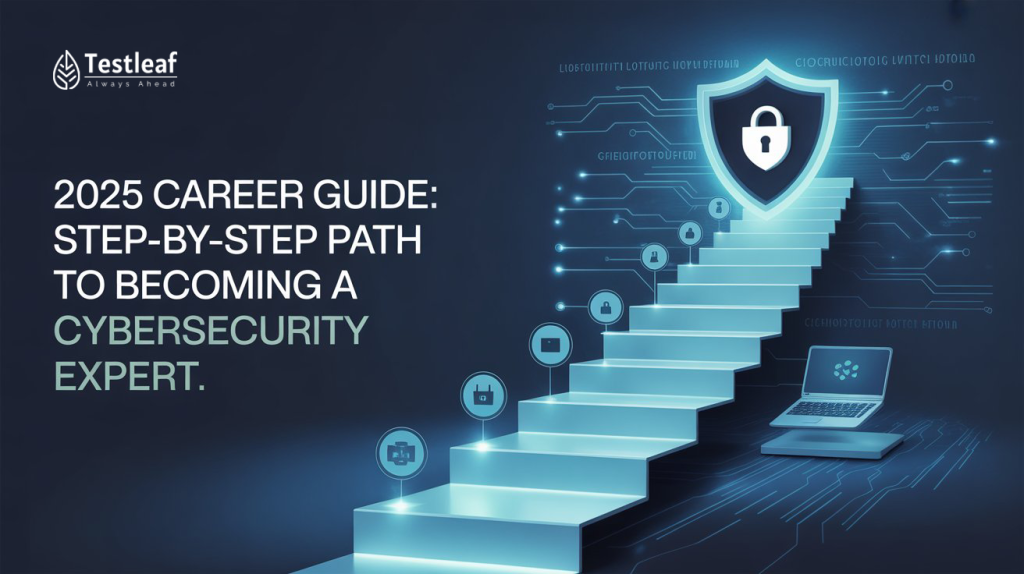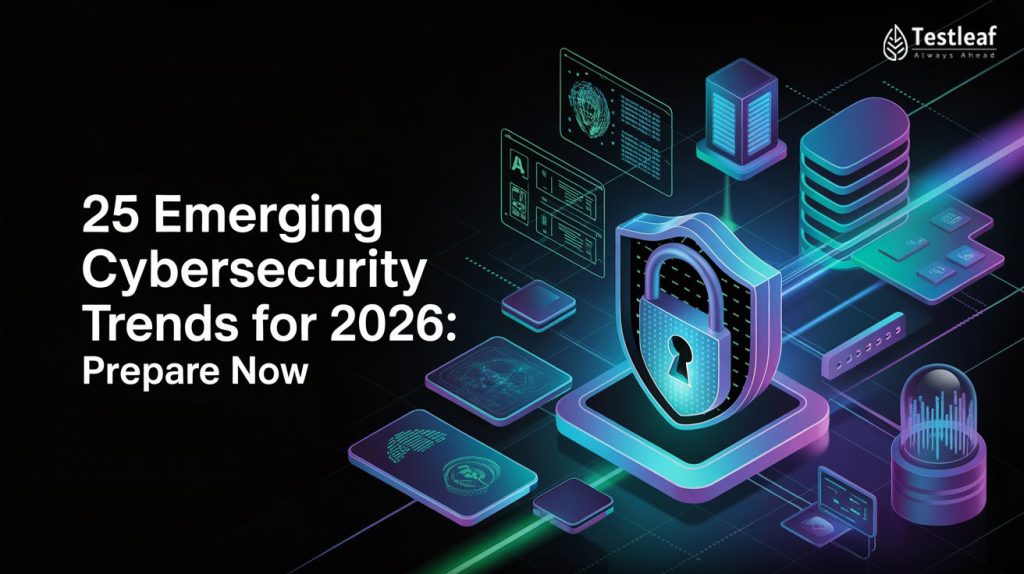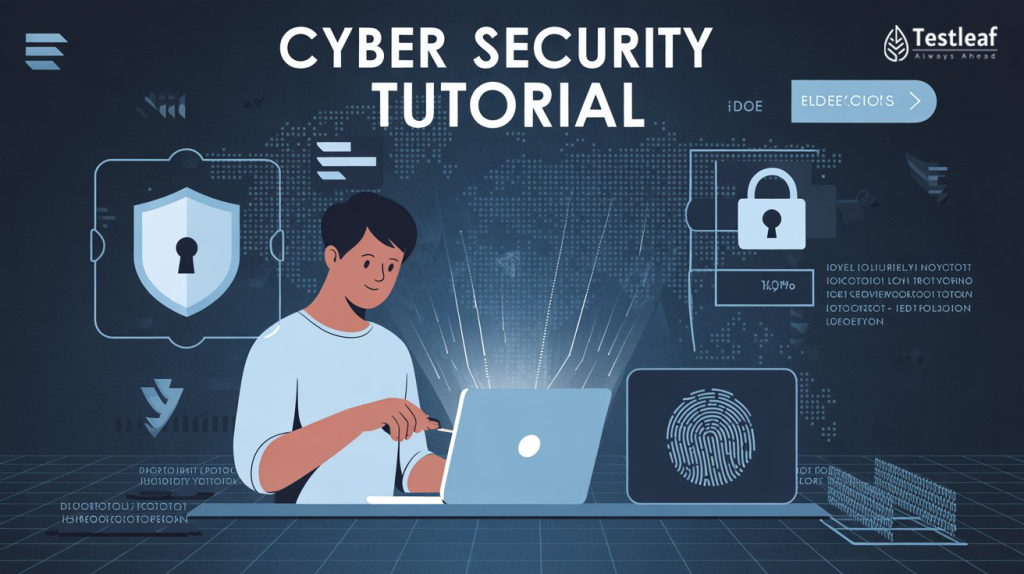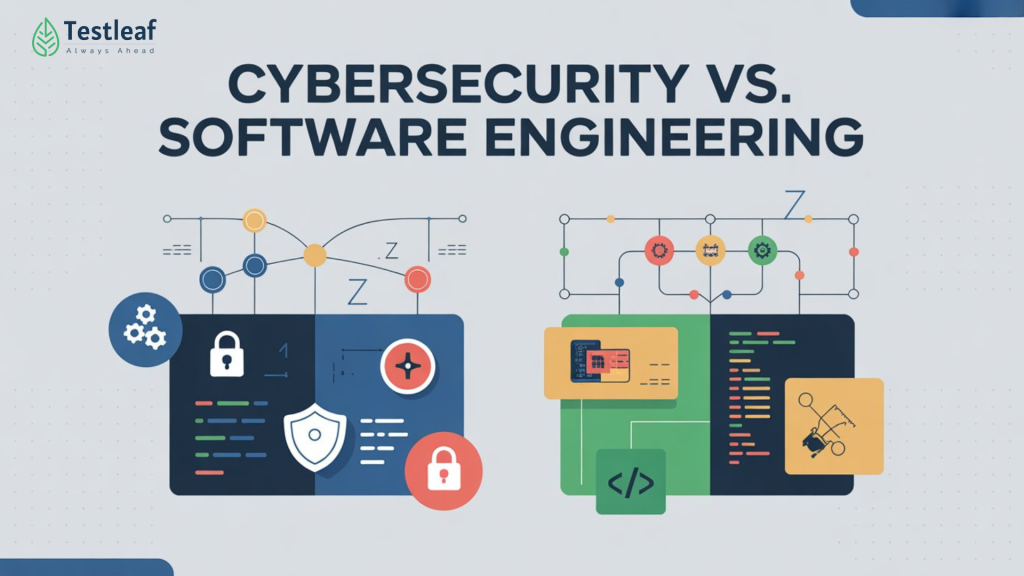In today’s digital-first landscape, the line between software quality and cybersecurity is fading. Every release we test as QA professionals doesn’t just need to be functional—it must also be secure. That’s why more and more QA engineers are transitioning into cybersecurity roles, especially as SOC Analysts.
Why QA Engineers are Natural Fits for Cybersecurity
QA engineers bring skills that map naturally into cybersecurity:
🔹 Bug hunters become threat hunters – The same eye for detail that catches software defects can identify vulnerabilities before attackers do.
🔹 Test strategies align with defense strategies – Designing regression test cycles isn’t far from creating incident response playbooks.
🔹 Metrics-driven mindset – QA relies on dashboards for defect density; SOC analysts rely on SIEM tools for threat detection.
Pathways for QA Engineers
1️. Strengthen Cyber Foundations – Learn basics of networks, cloud, and operating systems.
2. Get hands-on with SOC Tools – Platforms like Splunk, QRadar, and Elastic stack are the “test dashboards” of cybersecurity.
3️. Map QA Skills to Security Skills:
– Root cause analysis → Incident analysis
– Regression testing → Threat simulation
– Automation → Security scripting
This mapping shows how testers can quickly adapt their existing toolkit to cybersecurity defense.
4️. Practice in Safe Labs – Explore open-source projects, CTF challenges, or bug bounty platforms to gain real-world exposure.
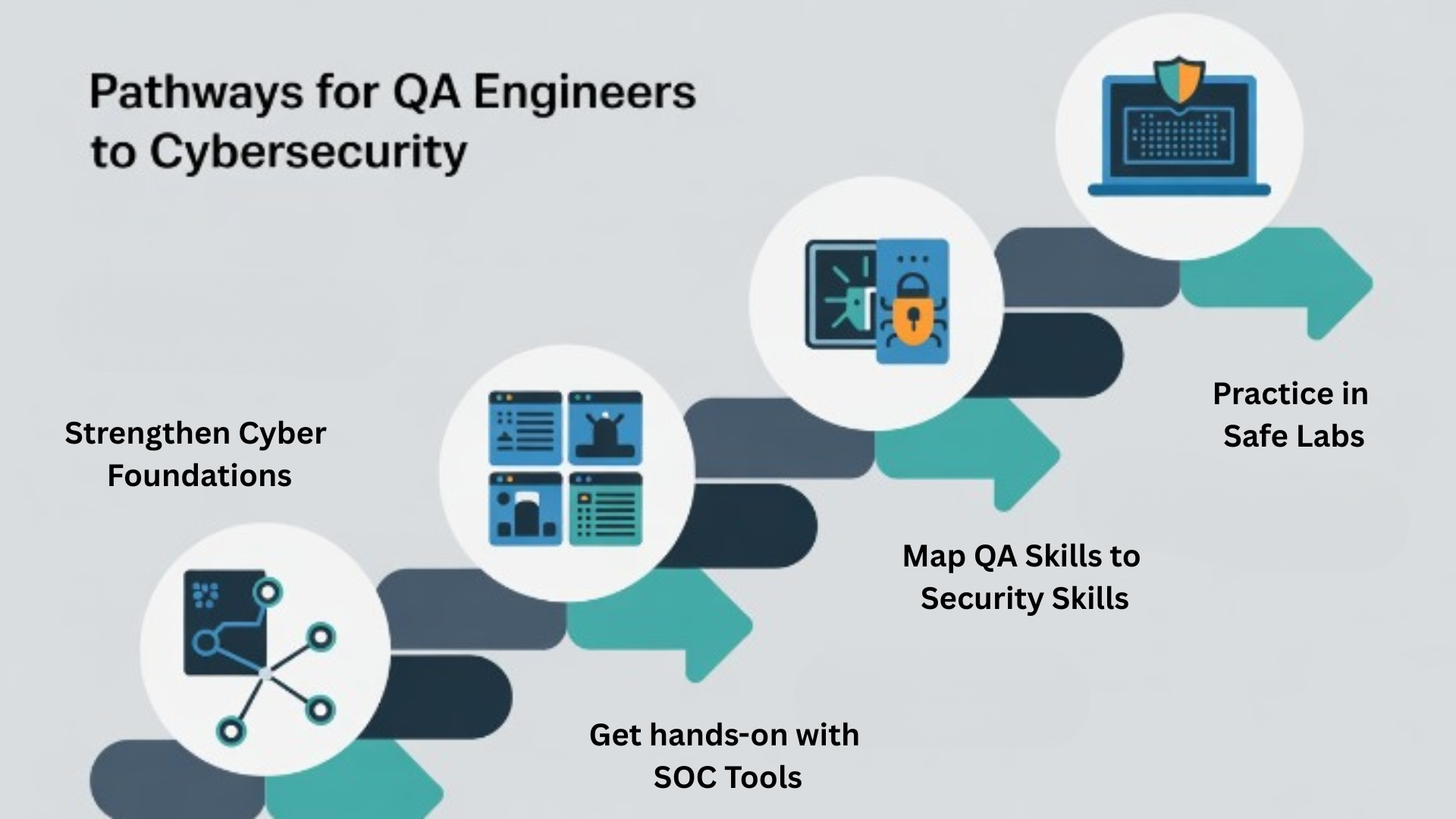
Modern Cybersecurity Roles for QA Engineers
Here are some cybersecurity roles opening up in 2025, along with salary ranges in India:
– SOC Analyst (L1/L2): First responders to threats — ₹5–7 LPA
– Security Automation Engineer: Brings QA automation into cyber defense — ₹8–12 LPA
– Vulnerability Specialist: Prioritizes system weaknesses — ₹10–15 LPA
– Penetration Tester: Thinks like a hacker to protect organizations — ₹12–18 LPA
– CISO (long-term career trajectory): Leads enterprise-wide defense — ₹40+ LPA
Career Advice
Transitioning from QA to cybersecurity is not a leap, but a pivot. You already bring:
- Curiosity to explore systems
- Discipline in documentation
- Risk-based thinking
What you need to add:
- Cybersecurity knowledge
- Mentorship and networking
- Visibility on LinkedIn (share your journey)
Final Note
The future of QA isn’t just about ensuring that apps work. It’s about ensuring they’re safe, resilient, and trustworthy.
For QA engineers looking at the next big move—cybersecurity is waiting. Your QA skills are the launchpad. SOC Analyst is the next orbit.
Join cybersecurity course online with Testleaf Software Solutions Private Limited Partnered with K7 Computing .
FAQs
Q1. Can QA engineers transition into cybersecurity?
Yes. Their skills in bug detection, test strategy, and risk analysis align well with incident response and threat detection.
Q2. What cybersecurity roles are best for QA testers?
SOC Analyst, Security Automation Engineer, Vulnerability Specialist, and Penetration Tester are ideal roles.
Q3. Do QA skills help in cybersecurity jobs?
Absolutely. Root cause analysis maps to incident analysis, while regression testing aligns with threat simulation.
Q4. What salary can QA engineers expect in cybersecurity in India?
Entry-level SOC Analysts earn ₹5–7 LPA, while senior roles like Pen Testers reach ₹18 LPA and CISOs ₹40+ LPA.
Q5. What courses help QA testers move into cybersecurity?
Certifications like CEH, CompTIA Security+, and specialized SOC Analyst programs offer the fastest pathways.



